Staying ahead of the game in craft beverage production requires more than just creating exceptional drinks. It demands streamlined operations and efficient management. Beverage production software plays a pivotal role, assisting manufacturers in optimizing their processes, improving productivity and driving growth.
Beverage production software is a game changer for breweries, wineries, distilleries and other bev-alc manufacturers, as it comprehensively tracks nearly every element in the production process. Just like other crucial decisions, choosing the right software ensures efficient business management and scalability for future growth.
These tips and considerations will help you select and implement the best beverage production software and technology partner for your business.
Assess Business Needs
Before diving into the sea of beverage software options, take a step back and assess your business’s needs. Identify pain points and challenges in your current operations, from inventory management hiccups to production bottlenecks. Engage key stakeholders, including management, production and finance teams, to gather diverse perspectives and set clear objectives.
Taking a systematic approach to assessing your beverage production management requirements will ensure that the software you select aligns perfectly with your operational objectives.
Identify pain points and challenges
Conduct an in-depth analysis of your current business operations. Engage with various departments and personnel to gain a comprehensive understanding of the obstacles and friction they encounter daily. They could range from inefficient inventory management and production process bottlenecks to difficulties in maintaining quality control and compliance.
Investigate any recurring issues that hinder your business’s growth and profitability. Whether it's time-consuming manual processes, lack of data visibility or inadequate reporting capabilities, pinpointing these challenges will help you identify the specific features and functionalities needed in your beverage production software.
Define key objectives and goals
Involve key stakeholders, including the head of production, accounting and finance teams, warehouse managers and sales representatives in setting clear objectives and goals for your bev-alc business. Their diverse perspectives will provide valuable insights into the different aspects of your operations.
Consider both short-term and long-term objectives. Short-term objectives may include immediate improvements in inventory management or streamlining production processes. Long-term goals might involve expanding your distribution network, increasing production capacity or achieving sustainability targets. A clear vision of what you want to achieve will guide beverage production software evaluation, helping you prioritize the features that will best support your goals.
Choosing the right beverage production software is not a one-size-fits-all approach. Each business is unique, and taking the time to understand your specific needs will ensure that the selected software becomes a valuable asset, driving your success. Empower your team by assessing your company’s needs thoroughly. This approach sets the foundation for making an informed decision by providing a focused checklist for evaluating potential beverage software. Each software feature or module you consider should directly address the challenges and support your business objectives and long-term vision.
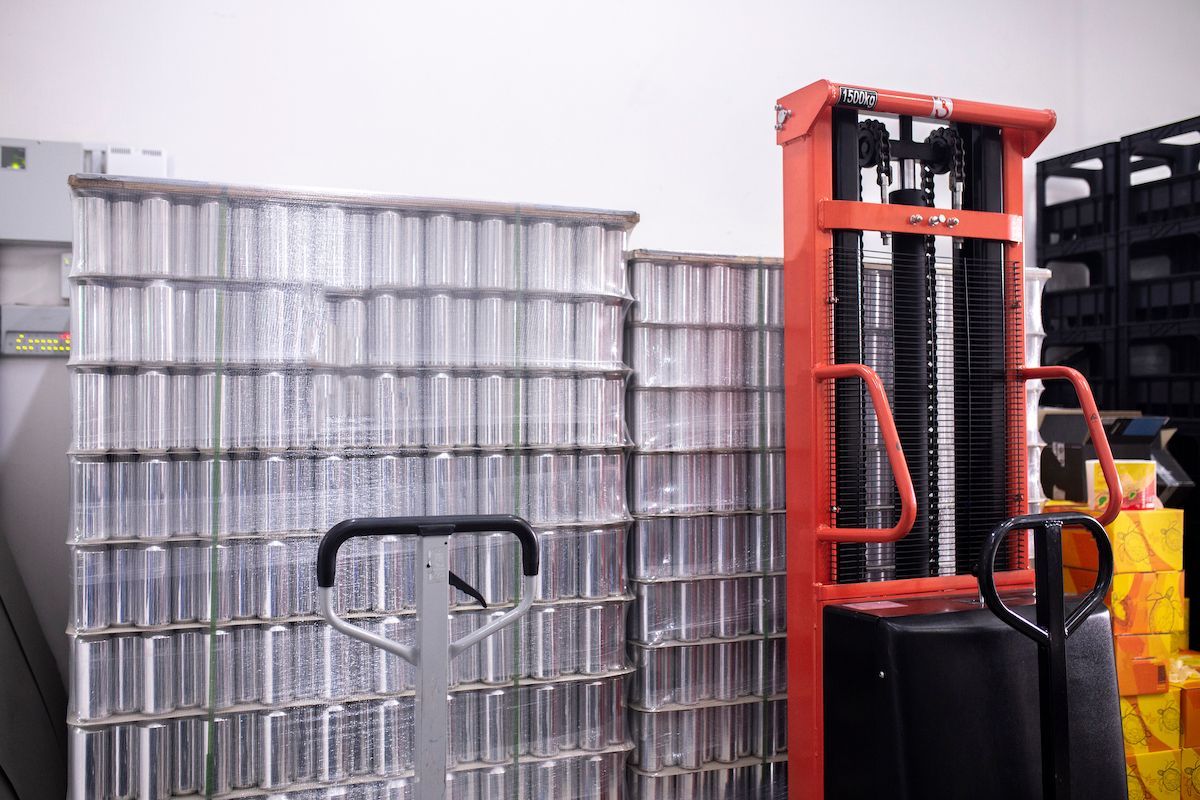
Key Features to Look for in Beverage Production Software
Beverage ERP software is a comprehensive and integrated solution designed to centralize and automate various business processes across different departments within a bev-alc business. It streamlines and optimizes operations by managing and connecting various aspects of the business, from production and inventory to sales, finance and more.
Even with your focused checklist in hand, a range of
key features and benefits should be considered when selecting craft beverage software.
| Features & Functionality | Benefits |
|---|---|
| Accounting | - Automate AP and AR - Automatically update ledgers with transactions as they happen |
| Inventory Management | - Track raw materials, packaging supplies and finished products in real time - Automate reorder points, stock level alerts and batch tracking to ensure the availability of essential ingredients while minimizing inventory carrying costs |
| Production Tracking & Planning | - Monitor each step of the production process, from recipe formulation to fermentation and packaging - Optimize production schedules and meet customer demand efficiently |
| Quality Control & Compliance | - Ensure each batch meets your brand’s high-quality standards and meets legal requirements - Automate quality checks, recipe versioning and traceability features to maintain product integrity |
| Sales & Distribution Management | - Streamline order processing, invoicing, delivery tracking and route optimization - Ensure accurate order fulfillment and timely deliveries |
| CRM | - Record all communication with customers and prospects - Manage sales leads and basic marketing campaigns |
| Integration Capabilities with Existing Systems | - Prevent data silos and enhance overall efficiency - Gain a holistic view of performance |
| Reporting & Analytics | - View customizable dashboards and real-time insights into key performance indicators (KPIs) - Identify trends, assess performance and make informed decisions quickly |
| Scalability & Customization Options | - Customize features to your business model - Adapt to evolving market demands - Mitigate outgrowing craft beverage software |
Budget Considerations
When evaluating the total cost of ownership (TCO) for a beverage ERP system, it's crucial to look beyond the initial purchase cost and consider various factors contributing to the cost over the software's entire lifecycle. Taking a comprehensive approach to TCO estimation will help you make an informed decision and minimize unexpected expenses. Some factors to consider include:
Licensing and Implementation Costs: The upfront costs include software licensing fees and any one-time implementation charges. Some ERP vendors offer different pricing models, such as subscription-based or perpetual licensing. Evaluate the pricing structure and compare it with your budget and expected return on investment.
Training and Onboarding: Consider the cost of training sessions, whether they are provided by the vendor or require external trainers. A well-trained team will maximize the benefits of the beverage production software and reduce the risk of costly errors.
Customization and Integration: Evaluate the cost of customizations, as well as potential integration with existing systems. While customization can enhance system efficiency, it may add to the TCO, so it's important to strike a balance.
Maintenance and Support: Understand the vendor's support policies, response times and associated costs. Do you pay for additional support services beyond the initial implementation period?
Hardware and Infrastructure: Cloud-based solutions may reduce infrastructure costs, as the vendor manages the system's hardware and hosting.
User Licenses and User Expansion: Determine the number of user licenses required initially and account for potential user expansion as your company grows. How does the vendor's pricing model accommodate additional users or concurrent users?
Return on Investment (ROI): Consider the potential return on investment of a beverage ERP to assess the long-term financial benefits, which include expected cost savings, productivity gains and efficiency improvements.
By taking all these aspects into account, you can make a well-informed decision when selecting a beverage ERP system that aligns with your budget, operational needs and growth objectives. Remember that investing in the right beverage production software can lead to significant long-term benefits for your company’s success.

Additional Beverage Software Considerations
In addition to determining your business needs and objectives and how the beverage software figures into your budget, several other factors to acknowledge include:
Security and Data Privacy
Protecting your sensitive data is non-negotiable. Look for software vendors with a proven track record in data security and compliance with industry regulations, such as the Alcohol and Tobacco Tax and Trade Bureau (TTB). Ensure that the software provider follows industry-standard encryption protocols to safeguard sensitive information.
User-Friendliness
A user-friendly interface is key to the successful adoption of beverage ERP software by your team. Request in-depth demos to gauge the ease of use and functionality.
Implementation Process
The implementation process and timeline for beverage production software can vary depending on the complexity of the software, the size of the company, how many cases you produce each year and the extent of customization required. Generally, the implementation process can be broken down into several stages:
- Project initiation and planning
- Requirements gathering and analysis
- Software configuration and customization
- Data migration and conversion
- Training and user onboarding
- User Acceptance Testing (UAT)
- Deployment and go-live
- Post-implementation support and optimization
It's important to plan for contingencies and potential delays to ensure a smooth and successful implementation. Consistent communication and collaboration between your key stakeholders and the software vendor or implementation partner are critical throughout the process to keep the project on track.
Choose the Right Beverage Production Software Partner for You
Selecting a beverage ERP partner is as important as choosing the software. The technology partner you choose is vital in implementing, supporting and maintaining the system. Look for a technology partner with proven expertise in the bev-alc industry. An understanding of the unique challenges and requirements of beverage producers allows the partner to offer you tailored solutions.
Research the company’s track record and seek references from other beverage manufacturers they’ve worked with. Positive testimonials and case studies can provide insights into their ability to deliver on their promises and provide excellent customer service. The right fit can elevate your business’s operations and competitiveness.
Implementing the software is just one point in time, but as your company’s needs evolve, your technology partner should scale with you and adapt to future requirements. A forward-thinking partner will offer solutions that support your growth and changing industry trends.
Crafted, Not Cobbled
Now it’s time for the pitch: Designed with the assistance of seasoned bev-alc industry veterans and built upon Oracle NetSuite, Crafted ERP is an all-in-one beverage management software that streamlines and automates many of the complex tasks and processes required to run a craft beverage business. Our ERP software was built from the ground up to meet the specific requirements of beverage producers, both large and small.
Our team of former brewers, distillers and winemakers can tailor a system aligned with your specific business needs, empowering your team to thrive in the competitive market, streamline processes and embrace a future of success and innovation. With the right beverage production software in place and the support of a reliable technology partner, you can focus on what you do best – creating exceptional craft beverages that leave a lasting impression.
Contact us today to take the next step in selecting the right beverage software for you.
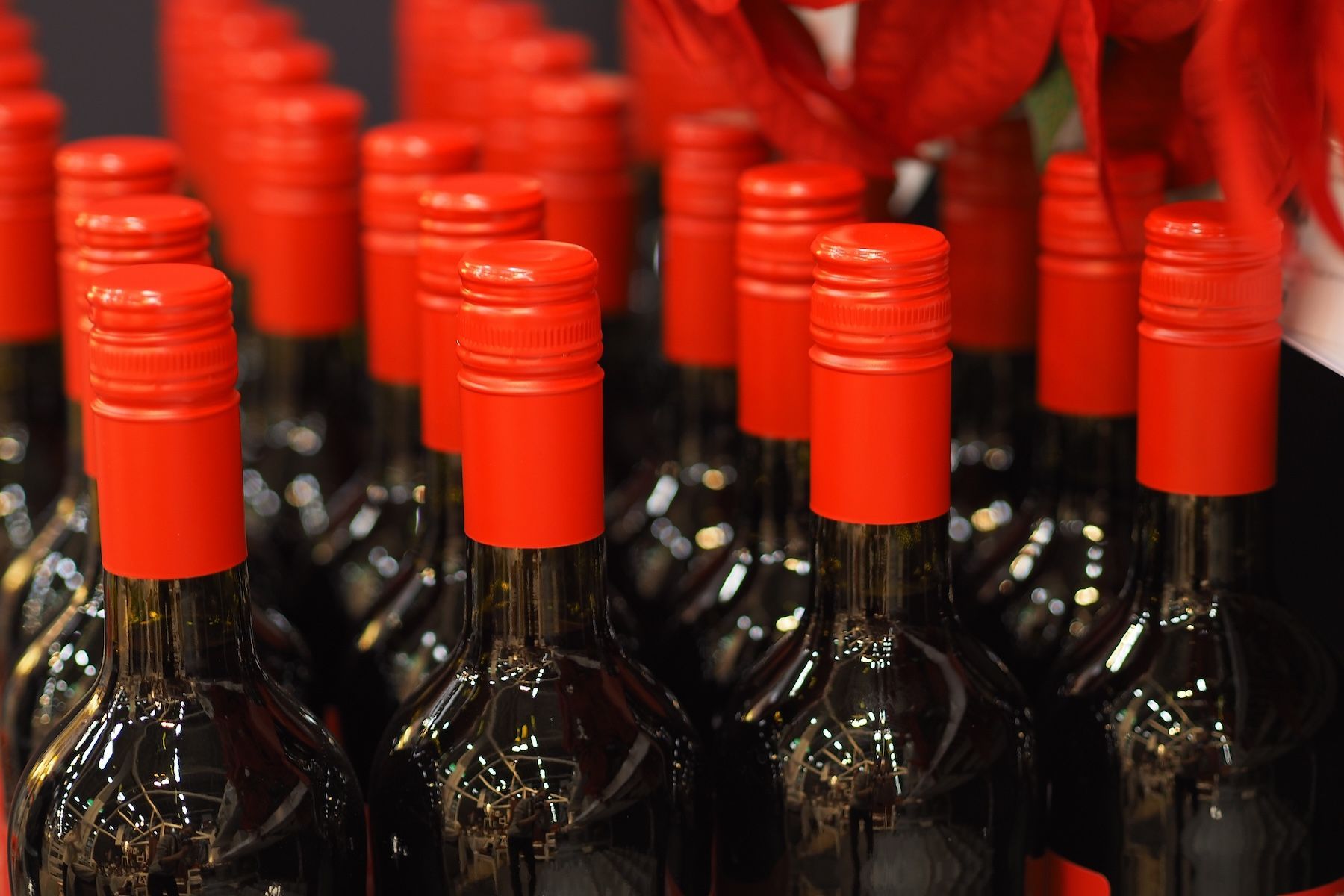
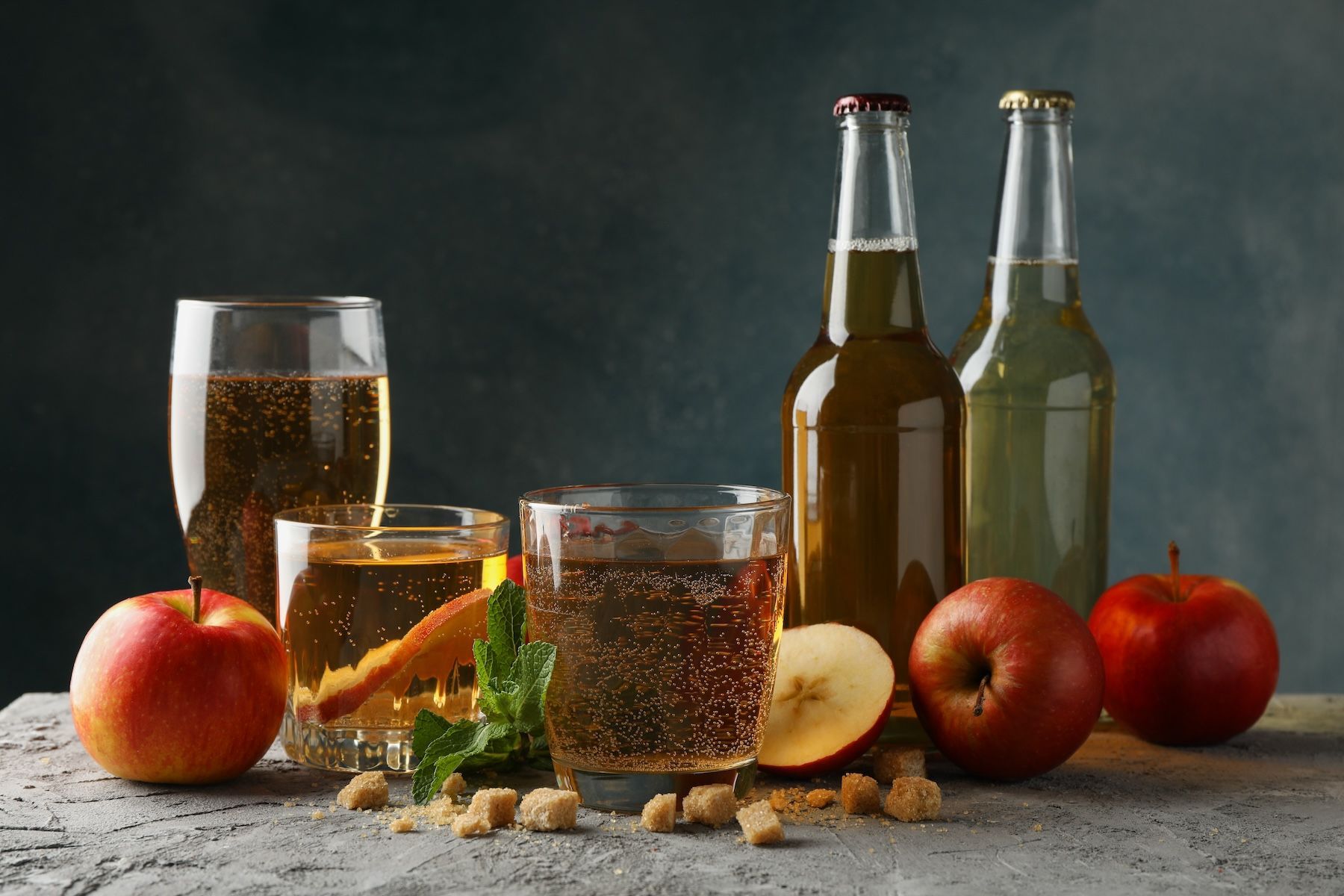
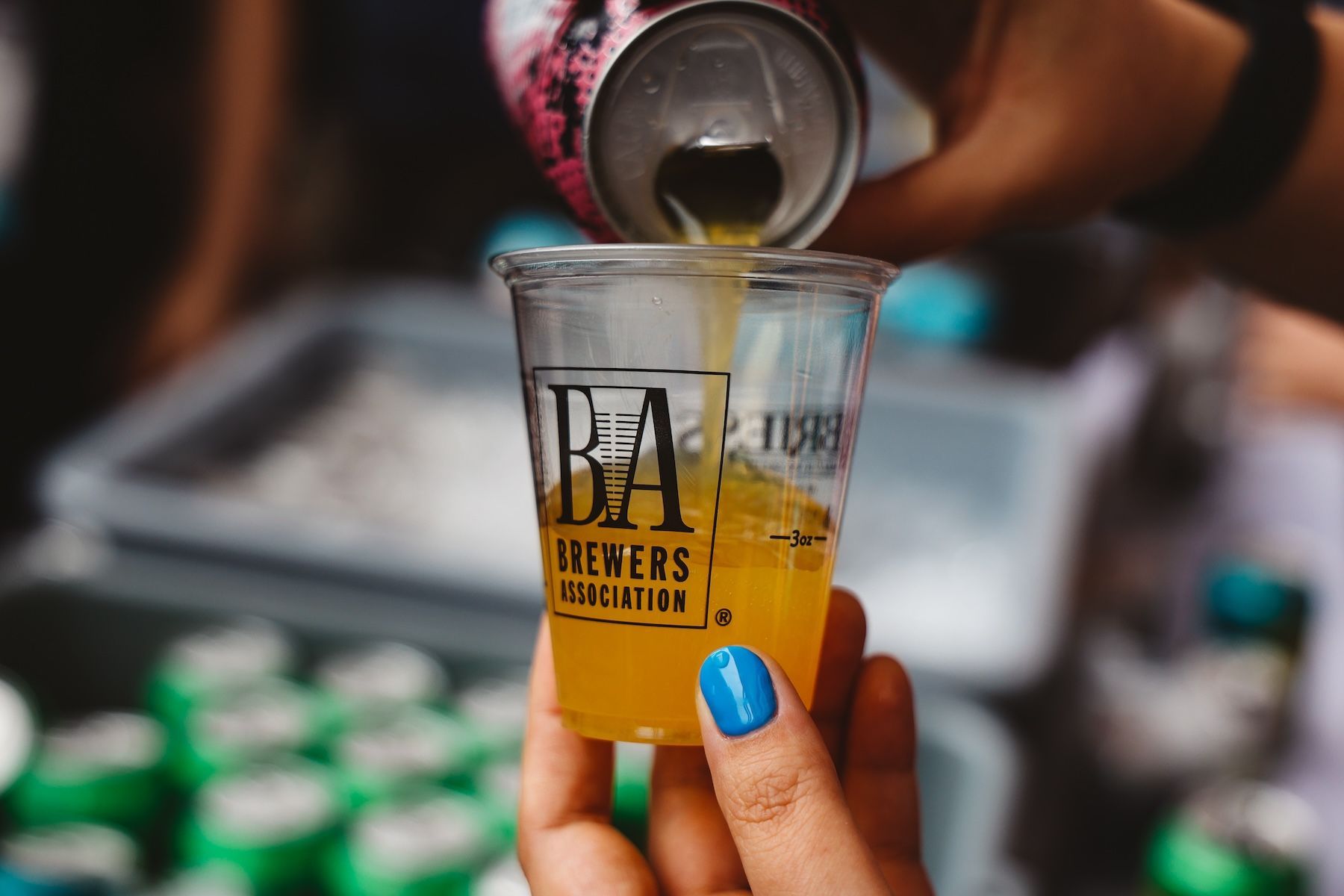

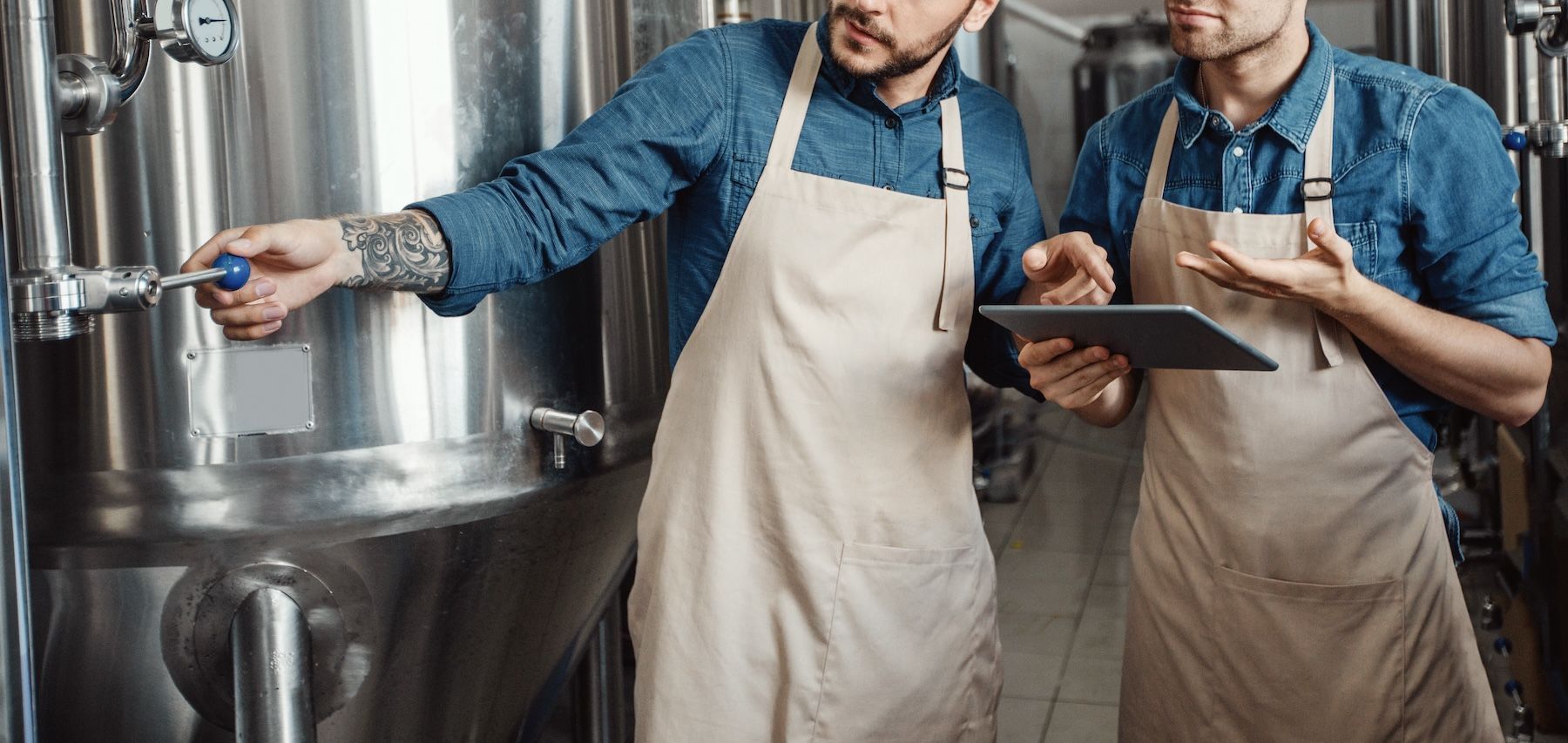



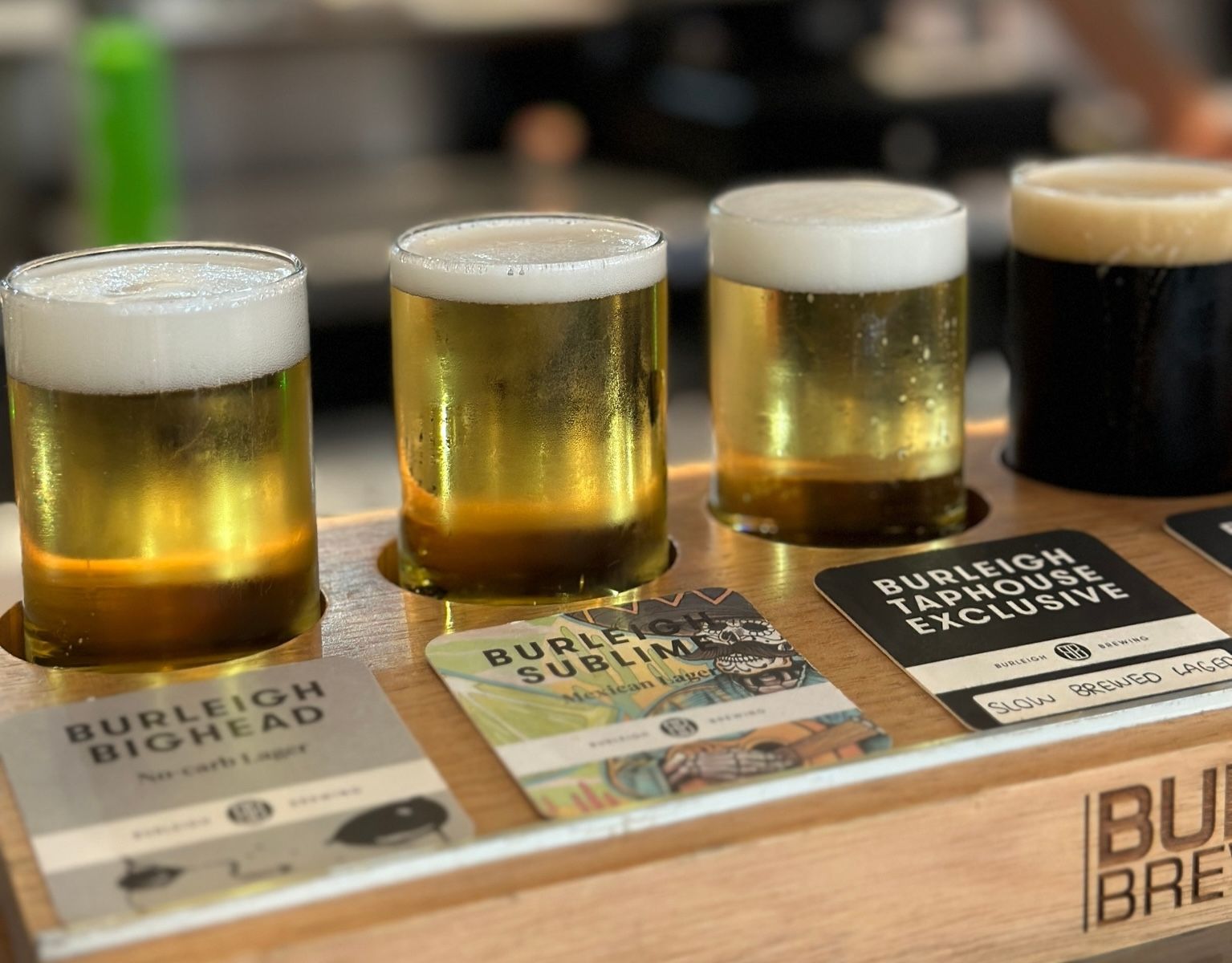
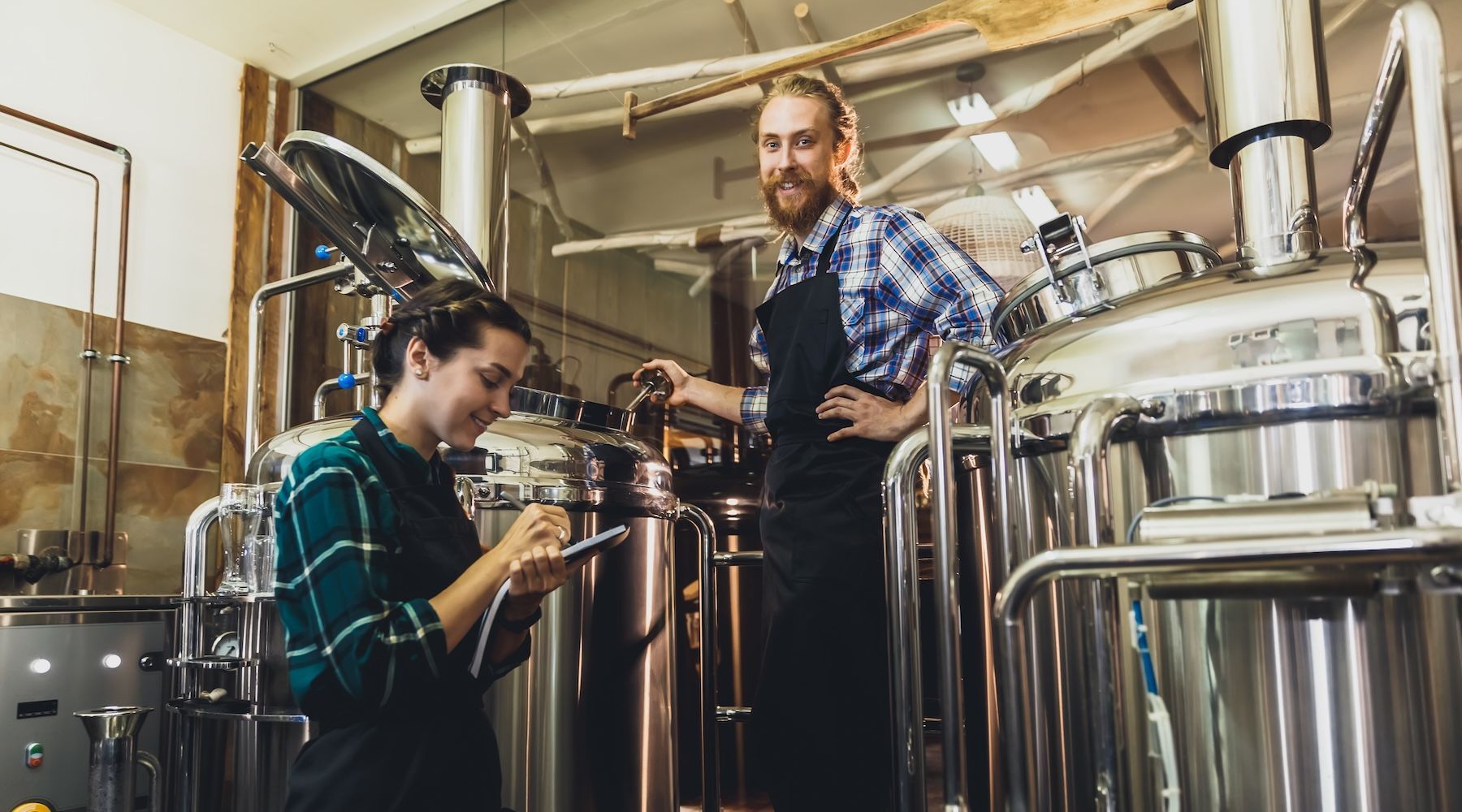
GET IN TOUCH
1512 Larimer Street, Suite #150
Denver, CO 80202
United States
(720) 699-0200
66 Goulburn Street
Sydney, NSW, 2000
Australia
+61 2 9044 1330

